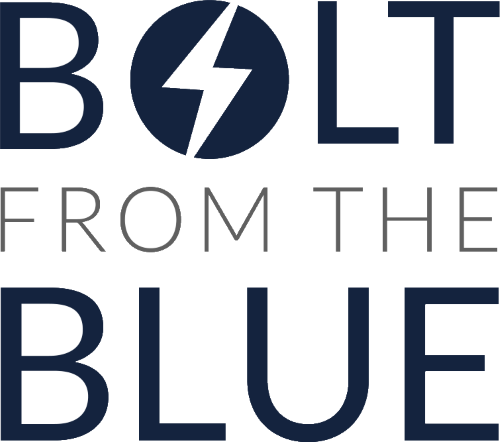A couple of days ago, in the middle of my morning coffee and reading time, I literally gasped and put down my book. I’d heard Running with Scissors was good, but this was exceptional:
“As time went on, my parents’ relationship became worse, not better. My father grew more hostile and remote, taking a particular liking to metallic objects with serrated edges. And my mother began to go crazy.
Not crazy in a “let’s paint the kitchen bright red!” sort of way. But crazy in a gas oven, toothpaste sandwich, I am God sort of way. Gone were the days when she would stand on the deck lighting lemon-scented candles without then having to eat the wax.”
My first thought after reading this section was, “Fuck me, that’s good writing.” Because it is.
My second thought was, “Wait, why is it good?” Because that’s how I do.
And my third thought was, “Oh I can totally teach this!” Because I love you.
So, here’s the lesson you can pull from this spectacular little section about making your own writing compelling: look for the crystallizing moments.
What are crystallizing moments and why do you care?
They’re the little concrete details, the zoomed-in snapshots of whatever you’re talking about that rivet your readers’ attention and, even more importantly, remember what you said. And, if you can find opportunities for them in your writing, and make tiny tweaks to add them in, you’re golden.
Here’s why it works. (Neuroscience of communication for the win!)
So the way your brain works is that when you hear or read about something that you’ve experienced before, you automatically picture it in your brain.
Let’s test drive this.
OK, I say “chair”, and you immediately get a picture of a chair in your mind, right? That picture is your schema of a chair. (Fancy neurosciency word for “the picture of a chair that’s hardwired into your brainspace.)
But when I say “liberty”, you don’t get a picture of liberty. You might get a picture of fireworks, or the Statue of Liberty, or that Delacroix painting of Liberty, or something like that. You don’t have a schema of the concept of liberty.
That’s because our brains are very good with concrete things, and not very good with conceptual things.
In fact, the only way we can understand them is by associating them with a concrete thing that we do have a schema for. And — and this is the extra-cool bit — our brains love doing this. It’s one of the things that makes a concept “sticky”, or memorable.
And that’s where we bring things back around to your writing.
Because if you’re writing about anything, you’re already at a distance from your reader, and you need all the stickiness you can get to get their attention and make your concepts memorable.
It’s the way you convince people of something, make them understand a nebulous concept, and make them connect with whatever you’re saying, whether they have a direct experience of it or not.
I haven’t had my dad come at me with a serrated blade, but I can sure as hell feel the fear that comes along with it because I can tap into the author’s schema of that.
My mom wasn’t that flavor of crazy, but the concept of eating lemon candles is going to be in my head for a long time, because it’s memorable as hell.
And, if you’re starting to think things like, “Oh, but I don’t have crazy things to write about, my schemas are going to be boring!” don’t worry. It totally doesn’t matter. Unusual is fine, but true is what our brains crave.
So, if you can find the crystallizing moment in whatever you’re writing about — the exact way someone feels when they realize their Sunday afternoon blues start on Friday night and they need someone to help them change careers, the shimmy of their hips into those new jeans that make them feel like a rock star, the exact moment the doctor-in-training almost passes out into an open abdomen, and realizes that she’s got to get a burnout coach to help her dial it back — you’ll have your readers attention in full and for good.
Because the thing is, our brains actually don’t really care about weird. I mean, they kind of do, but they have a different definition of it, because to them, weird is anything out of their immediate experience. It’s why we crave stories, and it’s why we love hearing the minutiae of other people’s lives.
And it will serve you very, very well in your copy and content.
So, schemas, all the way. And especially, especially for nebulous and unfamiliar concepts.
You’ve so got this.
